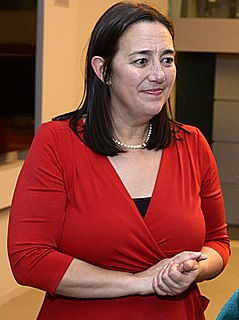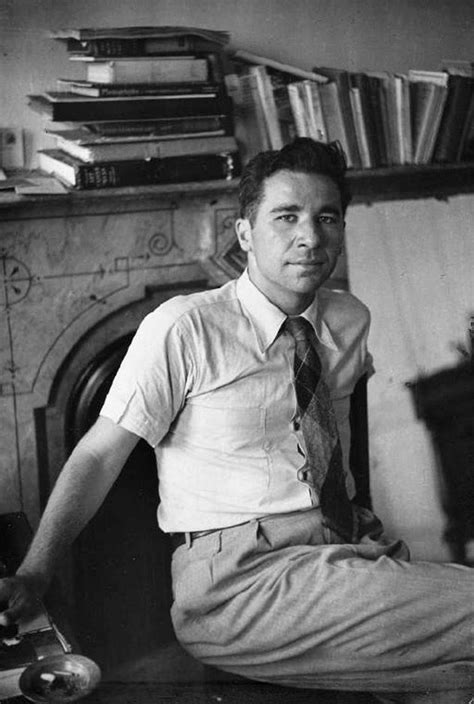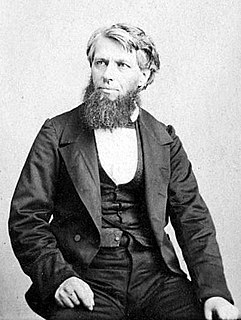A Quote by Ernest Hemingway
He remembered poor Julian [actually F. Scott Fitzgerald] and his romantic awe of them and how he had started a story once that began, "The very rich are different from you and me." And how someone had said to Julian, "Yes, they have more money."
Related Quotes
Julian sincerely abhorred the system of oriental despotism which Diocletian, Constantine, and the patient habits of four score years, had established in the empire. A motive of superstition prevented the execution of the design which Julian had frequently meditated, of relieving his head from the weight of a costly diadem; but he absolutely refused the title of Dominus or Lord, a word which was grown so familiar to the ears of the Romans, that they no longer remembered its servile and humiliating origin.
You okay? (Grace) Oh, yeah. I’m just fine considering the fact I’ve walked through burning fires that hurt less than my groin does right now. (Julian) I said I was sorry. Okay, can you reach the pedals? (Grace) I’d like to reach your pedals…(Julian) Julian! Would you concentrate? (Grace) All right. I’m concentrating. (Julian) I don’t mean on my breasts. (He dropped his hungry gaze to her lap.) Or there, either. (Grace)
He was a very private person, and sometimes it seemed to me that he was no longer interested in the world or in other people... I got the feeling that Julián was living in the past, locked in his memories. Julián lived within himself, for his books and inside them - a comfortable prison of his own design." "You say this as if you envied him." "There are worse prisons than words.
I had no intention of replacing Arnold [Schwarzenegger]. There were a few things that made me want to do the movie. They were the script which had a different direction to it, and it was a chance to do a very different Quaid. I didn't read the short story until I went to college.Reading the story had a different effect on me of how I pictured him to be and the tone of the story was different. In the story, he's a bit more of an everyman.
G-Dragonhe is very romantic. I’m his roommate so I see everything. He’s seriously romantic. If he dates someone he makes a song for them. One time he asked me how the song was. And I said oh my god if this was released in Korea there’d be a huge deal and it would make so much money. But… since it’s for the woman he loves it’s only for her and gives up that money/fame from that song.
The stories my pupils told me were astonishing. One told how he had witnessed his cousin being shot in the back five times; another how his parents had died of AIDS. Another said that he'd probably been to more funerals than parties in his young life. For me - someone who had had an idyllic, happy childhood - this was staggering.
A story must be told in such a way that it constitutes help in itself. My grandfather was lame. Once they asked him to tell a story about his teacher. And he related how the holy Baal Shem used to hop and dance while he prayed. My grandfather rose as he spoke, and he was so swept away by his story that he himself began to hop and dance to show how the master had done. From that hour he was cured of his lameness. That's how to tell a story.
I read the story and reread the story, but I still could not find the universality that the little Irishman had spoken of. All I saw in the story was some Irishmen meeting in a room and talking politics. What had that to do with America, especially with my people? It was not until years later that I saw what he meant ... I began to listen, to listen closely to how they talked about their heroes, to how they talked about the dead and how great the dead had once been. I heard it everywhere.
At any rate, that’s how I started running. Thirty three—that’s how old I was then. Still young enough, though no longer a young man. The age that Jesus Christ died. The age that Scott Fitzgerald started to go downhill. That age may be a kind of crossroads in life. That was the age when I began my life as a runner, and it was my belated, but real, starting point as a novelist.
Someone asked me...how it felt and I was reminded of a story that a fellow townsman of ours used to tell--Abraham Lincoln. They asked him how he felt once after an unsuccessful election. He said he felt like a little boy who had stubbed his toe in the dark. He said that he was too old to cry, but it hurt too much to laugh.





































